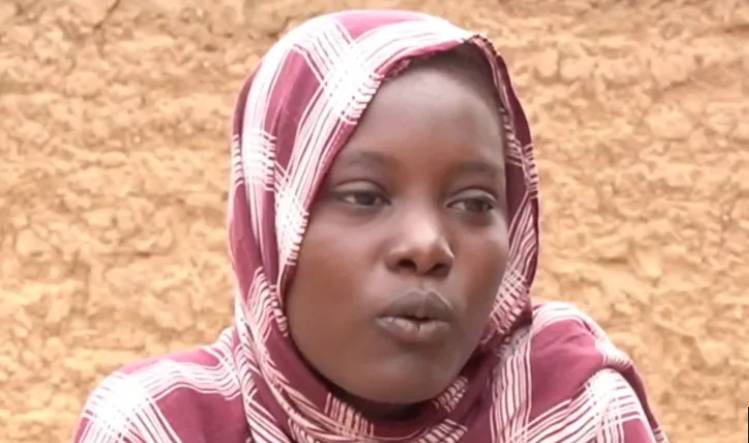Director of the African Department, the International Monetary Fund (IMF), Abebe Aemro Salaisse, says the regional market is yet to fully reflect the Russia-Ukraine conflict.
Speaking to central bank chiefs at a conference on ‘Modernising Monetary Policy Frameworks in sub-Saharan Africa’, Salaisse believes the full scale of the impact of the security concern will be felt in the coming weeks.
Russia has intensified attacks on Ukraine amid global condemnation and uncertainty on President Vladimir Putin’s next move. Countries and regions can only contemplate the potential damage the crisis has on the recovering economy should Putin activate his nuclear arsenal as he has threatened.
Salaisse, who mentions the evolving security situation in passing, says it is important the regional governments work hard to ensure a larger number of Africans are vaccinated against COVID-19 and pledges that the IMF will continue to give its support to “root out this disease.” He stresses that “pandemic is not over anywhere until it is over everywhere”.
On the performance of the economy prior to the COVID-19 outbreak, he says: “Over the last three decades preceding the COVID-19 pandemic, the region’s average inflation declined by about 30 percentage points. In the mid-90s, up to 30 countries in the region had double-digit inflation. In 2019, the region counted only six such countries, and most of them were grappling with conflict or a natural disaster.
“This improvement in price stability contributed to less volatile economic outcomes, higher growth, and better living conditions for the region’s populations. It is also an important factor behind the foreign direct investment flowing to the region to develop its potential. This progress has been achieved thanks to the commitment and dedication of many who are in the room today.”
The IMF director notes that the commitment of policymakers has shown in the courageous reforms they undertook in recent years. The reforms, he points out, “aimed for more price-based monetary policy frameworks and more flexibility in exchange rate regimes”.
These, he recalls: “Were combined with bold moves on governance to make central banks more independent and accountable. The result was a drastic reduction in monetary financing of deficits and most countries in the region.
“The governance reforms enabled more transparency and improved communication of central banks’ assessments of the economic outlook and the rationale of their policy choices. These reforms helped bolster the credibility of the region’s monetary institutions and explain a great deal of the achievements on price stability.”
Salaisse believes the credibility of the reforms will be crucial in the coming months as central banks struggle with inflationary pressures resulting from the effects of the relaxation of macroeconomic policies to combat COVID-19 and trade rigidities.
He insists that the projected modest recovery from the COVID-19 pandemic will be put further at risk if policy frameworks are not further strengthened to ensure a timely and appropriate response to the monetary normalisation in advanced countries.
He strongly canvasses nimble, accountable and credible monetary policy frameworks as a necessary option for achieving the long-term potential of the region and staying the course of modest recovery.
He notices that climate change armed conflicts are additional strains on the regional economy, stressing that appropriate and bold decisions are required to weather the storm as countries navigate new challenges.











